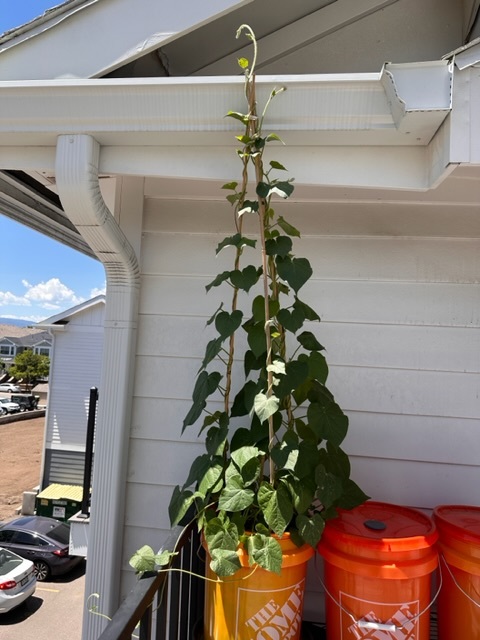- go vegan
- buy second hand
- reapir things you own that broke
- switch to some sort of green electricity
- small scale indoor gardening of som herbs, tomatoes or other similar plants easily grown on a balcony or within the kitchen
- political action like local protests or even better get elected
- volunteer work in some sort of progressive charity
- organize a tenenant union or become active in the hoa
There is plenty more, the key is to make the world better and not try to make it perfect. A lot of usefull action is community driven and in those roles you can have a much much bigger impact then by just changing your own way of life.


